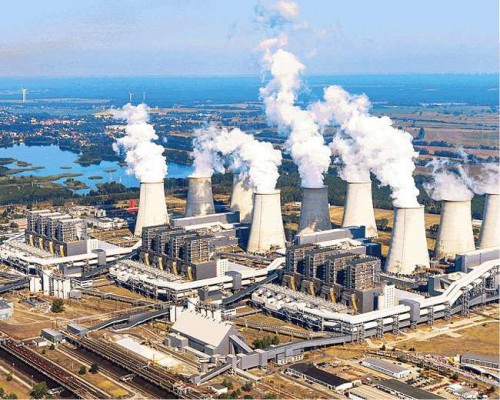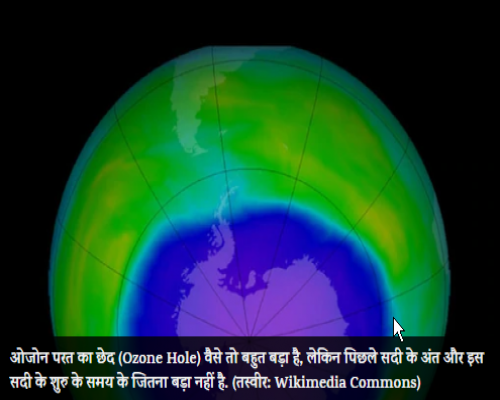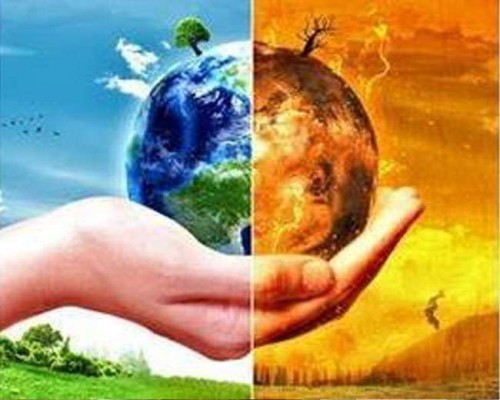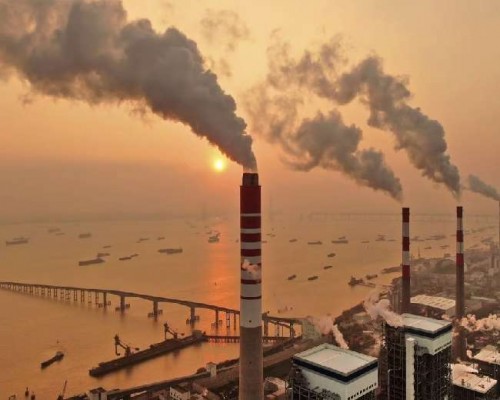Global Warming: 2°C Target Now "Impossible," Warns Leading Scientist

The goal of limiting global warming to 2°C, once considered the fallback target of the Paris Climate Agreement, is now "impossible", according to a stark new analysis published by leading climate scientists.
The study, led by renowned climatologist James Hansen, appears in the journal Environment Science and Policy for Sustainable Development. It warns that Earth’s climate is far more sensitive to rising greenhouse gas emissions than previously thought.
Rising Temperatures & The "Point of No Return"
Hansen and his team highlight a critical issue—a recent decline in aerosol pollution from the shipping industry, which had previously helped offset some global warming. With fewer aerosols to reflect sunlight, temperatures are rising faster than expected.
“The two-degree target is dead,” Hansen stated, calling the UN's climate projections unrealistic. His team argues that the amount of greenhouse gases already in the atmosphere, mostly from burning fossil fuels, has locked in further warming.
• Temperatures are expected to stay at or above 1.5°C in the coming years, leading to widespread coral reef destruction and more intense storms.
• By 2045, global temperatures could reach 2°C, Hansen warns, bringing irreversible consequences.
Atlantic Ocean Current Shutdown Could Trigger Disaster
The study also warns that melting polar ice and increased freshwater in the North Atlantic could shut down the Atlantic Meridional Overturning Circulation (AMOC) within 20-30 years.
AMOC plays a crucial role in distributing warmth across the planet and sustaining ocean ecosystems. Its collapse, scientists say, would:
• Cause catastrophic sea level rise
• Disrupt weather patterns globally
• Lead to major ecological imbalances
Hansen’s team describes the AMOC shutdown as a "point of no return", where climate impacts will become irreversible.
Paris Climate Goals Already Breached
The 2015 Paris Climate Agreement aimed to cap global warming at 1.5°C above pre-industrial levels, but data from the EU’s Copernicus Climate Monitoring System confirms that the threshold has already been breached.
At 2°C warming, scientists warn of devastating consequences:
• Permanent ice sheet loss
• Melting glaciers and rising sea levels
• More extreme weather events
• Loss of permafrost, releasing even more greenhouse gases
Hansen's alarming forecast signals that without urgent and unprecedented action, the world is headed for an irreversible climate crisis—one that humanity may no longer be able to control.























